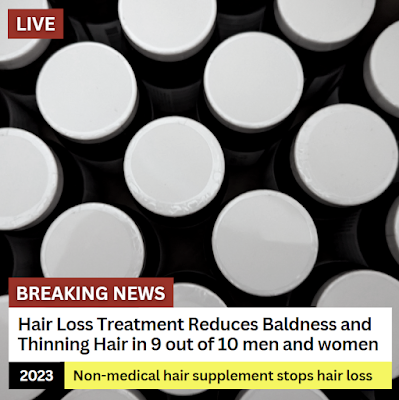What will happen if you stop eating sugar?
Reducing or eliminating sugar from your diet can have several significant health benefits, both in the short term and long term. Here are some of the potential benefits of cutting back on sugar:
Weight Management
Reducing sugar intake can help with weight control. High sugar consumption is often associated with weight gain and obesity.
Improved Blood Sugar Control
Lower sugar intake can lead to more stable blood sugar levels, reducing the risk of type 2 diabetes and helping those with diabetes better manage their condition.
Heart Health
Lowering sugar intake can reduce the risk of heart disease by decreasing factors like high blood pressure and inflammation.
Dental Health
Less sugar in your diet can improve oral health and reduce the risk of cavities and gum disease.
Enhanced Energy Levels
Cutting back on sugar can result in more sustained energy levels, avoiding the energy crashes associated with sugar spikes.
Better Skin Health
Reducing sugar may lead to clearer and healthier skin by reducing the risk of acne and skin issues.
Improved Mental Health
Some studies suggest a link between high sugar intake and an increased risk of depression and other mental health issues. Reducing sugar may have a positive impact on mood and overall mental well-being.
Lower Risk of Fatty Liver Disease
Excessive sugar consumption can contribute to non-alcoholic fatty liver disease. Reducing sugar intake may help protect your liver.
Decreased Inflammation
High sugar intake is associated with increased inflammation in the body, which can contribute to various chronic diseases. Reducing sugar may help lower inflammation levels.
Better Insulin Sensitivity
Cutting back on sugar can improve your body's sensitivity to insulin, which is important for overall metabolic health.
It's important to note that not all sugars are equal, and naturally occurring sugars in fruits and vegetables are generally healthier than added sugars in processed foods.
It's important to note that not all sugars are equal, and naturally occurring sugars in fruits and vegetables are generally healthier than added sugars in processed foods.
The American Heart Association recommends limiting added sugar intake to no more than 100-150 calories (25-38 grams) per day for most adults.
When reducing sugar in your diet, it's important to do so in a balanced and sustainable way. Gradual changes are often more effective and easier to maintain.
When reducing sugar in your diet, it's important to do so in a balanced and sustainable way. Gradual changes are often more effective and easier to maintain.
Consulting with a healthcare professional or a registered dietitian can also be beneficial, especially if you have specific health goals or conditions.
Ad.

















0 comments:
Post a Comment